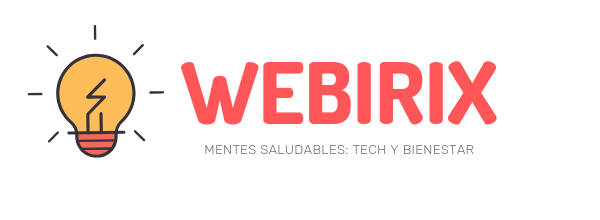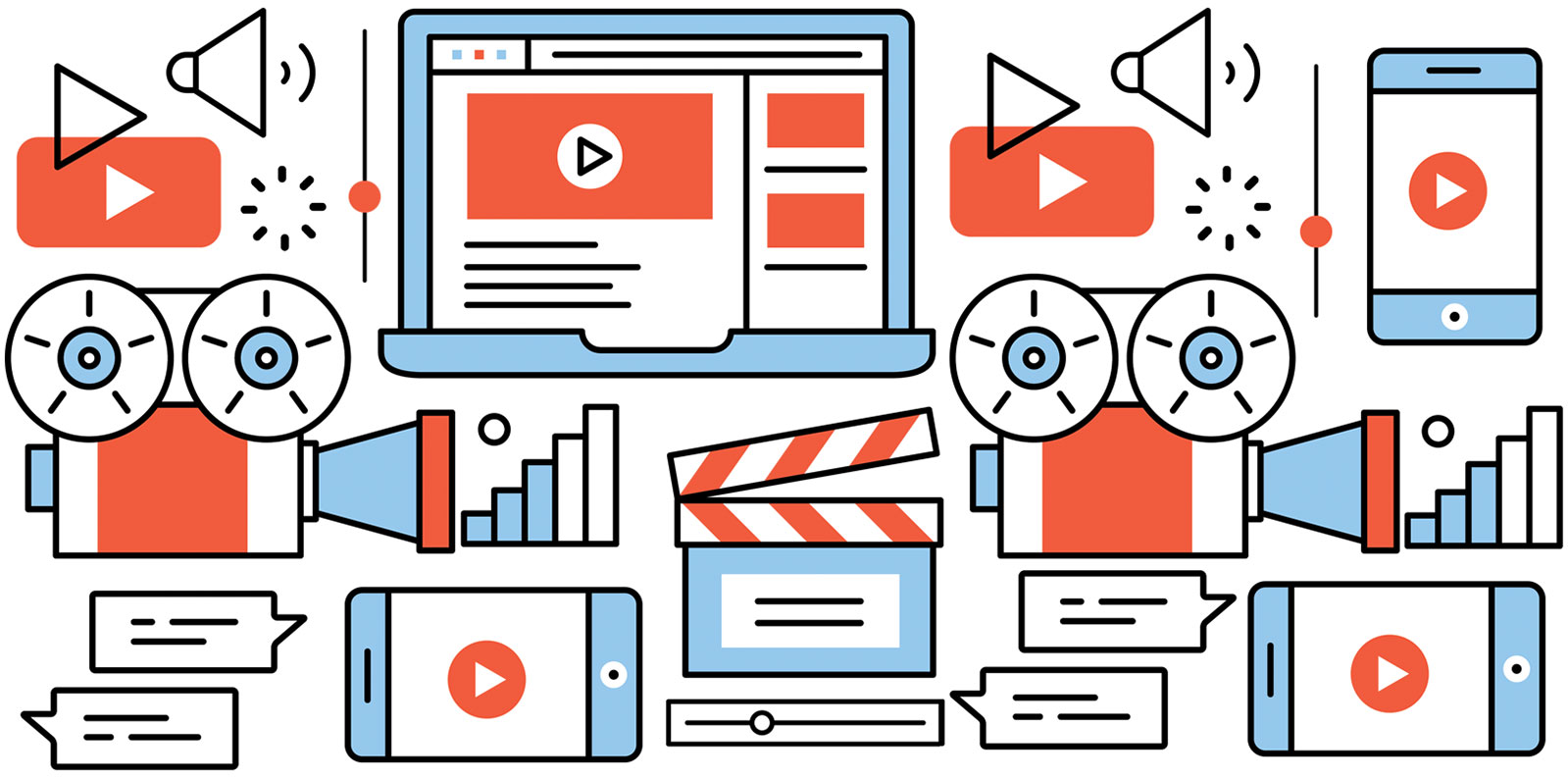One of the ancient ideals of the internet was that free access to information, as well as the democratization of the dissemination of knowledge, would make us a better society. In 2019, such claims have failed due to the rise of harmful conversations with trolls of the network as well as the misuse of content platforms by a minority of users.
Audiences have especially opted for the platform that in theory has the best relationship with its creators due to the economic symbiosis of content and advertising: YouTube, which also has the honor of being one of the few places where a content generator can make money. considerable if you increase your engagement and leaving YouTube / Google the dilemma of selling their advertising space.
With that clear goal, better engagement For more profits, YouTube has entered a perverse and addictive dynamic for users to consume more and more videos from learning its algorithms. While the obvious would be, if you are viewing a gameplay From an Xbox game, watch more similar videos, YouTube learned that going a little further in its recommendations can capture more time from users. That is, if from the gameplay sends you to a short documentary on the subject or even to a story time moderately related.
This matter turns out potentially dangerous for younger and more influential users who use the service unsupervised. And yes, even on YouTube Kids, an app that was originally intended to be curated by human beings but ended up succumbing to the efficiency of artificial intelligence, which has had disastrous results such as recommending videos of conspiracy theories after a nursery rhyme.
In Bloomberg they report that mistrust of the main YouTube app is so great that Google employees forbid their children to use it. The discontent reaches so many levels that four Google workers who spoke on condition of anonymity revealed that within the company they do not see it unreasonable for YouTube to become a different company (in the same conglomerate, Alphabet) due to its different values and its fight for engagement at the cost of users' mental health.
And that the quality of the content is a completely different issue from the addictive design of the platform, to which children who started using YouTube Kids at the age of 13 tend to migrate.












No Comment